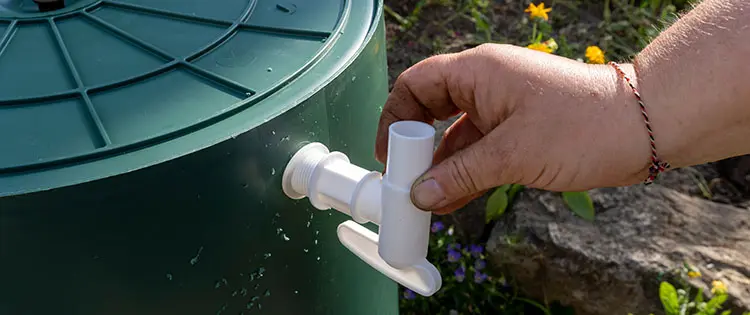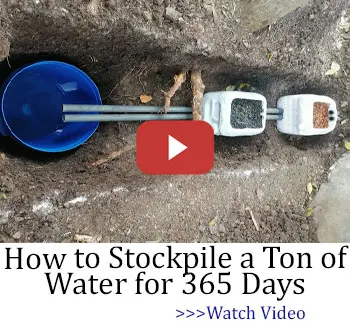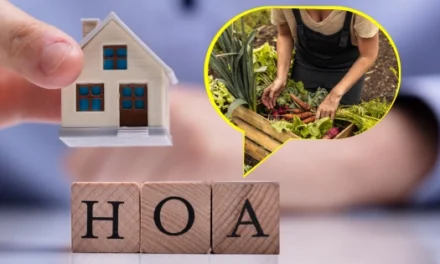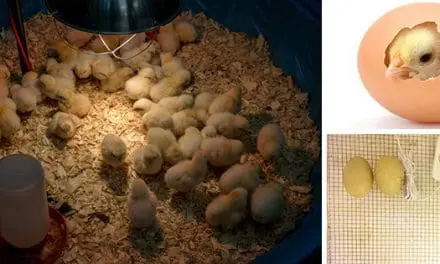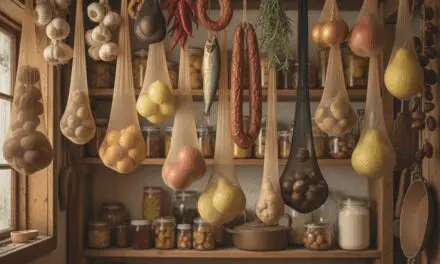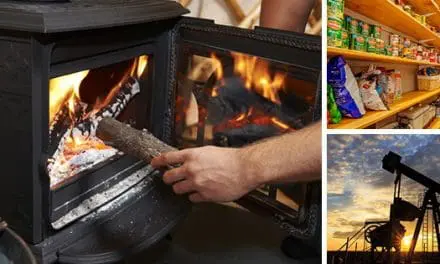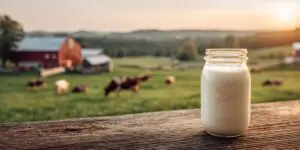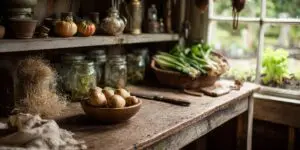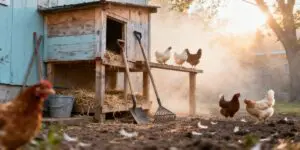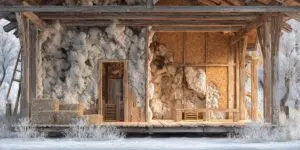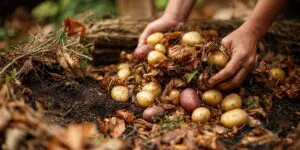Water is essential for survival. Without it, you won’t last long. That’s why, as a homesteader, making sure you have a reliable, clean water source should be your top priority. Don’t waste time on other supplies until you’ve secured this.
Water can be more dangerous to go without than food. It’s second only to shelter in importance. Yet, many people forget about it because we’re so used to having it at the tap. We turn on the faucet, and it’s there. It’s easy to take for granted.
But what if the water stops flowing? It could happen. The public water system relies on a lot of steps to bring water to your home. Those steps can be disrupted, especially in times of crisis. If society breaks down or large-scale unrest hits, you can’t rely on the tap.
That’s why it’s crucial to have your own water supply. If you want to survive and make use of your food stash, you’ll need water. Don’t wait until it’s too late to prepare.
What Happens to the Water? 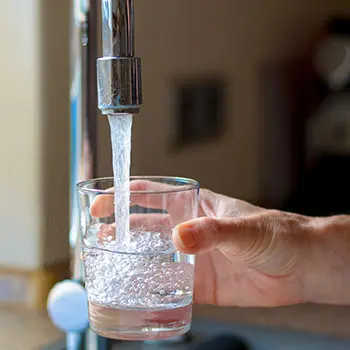
Even after a major disaster or even a nuclear attack, the water might still flow to your home—at least for a little while. If the power goes out or systems are disrupted, water supply systems relying on pumps, especially from underground sources, can stop quickly.
However, many water systems are gravity-fed. If your town has a water tower, it could keep water flowing for a while. The water in the tower is usually treated and safe to drink, but once the tower empties, it’ll be gone fast. Once everyone starts filling every container they can find, the supply won’t last long.
But there’s another scenario to consider. What if the power goes out, the workers at the water plant bail, but the water keeps flowing? It might seem like good news, but it’s not so simple.
While the water may look fine coming out of your tap, it’s not guaranteed to be safe. Automated systems might keep running for a bit, so it could be okay for a short time, but it likely won’t stay that way for long.
Water Filtration
You can purify water in a few different ways, but most of them involve filtering. While filters can work for a while, they won’t remove everything. 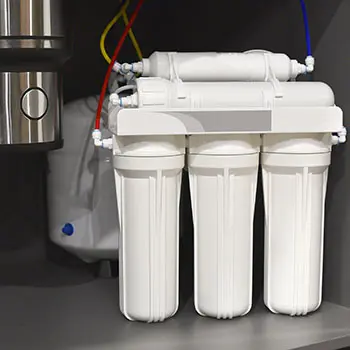
Your tap water likely passed through a large filter with layers of materials like gravel, sand, and charcoal. These filters hold a lot of material and take a while to clog up, so the water will look clear. However, these filters won’t remove bacteria, harmful microorganisms, or chemicals—those things make water unsafe to drink.
Water treatment plants sterilize water using chemicals like chlorine, UV light, or reverse osmosis, which forces water through a fine membrane to filter out even viruses. They also use chemicals called flocculants to bind to toxic chemicals, allowing them to settle and clean the water.
Related: DIY Ingenious Rainwater Harvesting Systems
But most of these processes rely on power, and some need chemicals. When those resources run out, water might keep flowing, but it won’t be safe anymore.
Disasters can contaminate water in many ways. Civil unrest can cause fires, and if society breaks down, soot and toxic chemicals could get into water sources. A nuclear war could lead to radioactive fallout, making water unsafe for weeks. Broken sewers, dead bodies, volcanic gases—there’s an endless list of threats. If disaster strikes, the clean water you take for granted might be gone.
If you want to make sure the water you’re using for you and your family is safe to drink, it’s best to filter it yourself. You can learn here a cheap and easy way to create an ingenious rainwater harvesting and purification system capable of storing 165 gallons of water.
What About Other Sources?
Your regular water supply will likely be the first to go during a crisis, but there are alternatives. If you have a well, it won’t be affected the same way, though it might still get contaminated. Always boil or treat well water in an emergency to kill bacteria, but remember that won’t remove chemicals or radioactive fallout. Using activated charcoal filters can help remove chemicals, so it’s smart to stock up on filters or learn how to make them yourself.
Water from lakes or streams is even more exposed. Soot, chemical spills, fallout, or even dead animals and people can contaminate them. Depending on the situation, these sources might stay unsafe for weeks or months.
Bottled water is another option. There’s plenty stored in warehouses and stores across the country, but panic buying and looting will wipe it out fast. The only bottled water you can count on is what you already have at home or stored at your homestead.
This all comes down to preparation. Are you storing enough water to get through a crisis? It’s easy to overlook water because it seems less exciting than other supplies, but it’s the foundation of survival. We’re used to having unlimited water on demand, but that changes the moment a disaster strikes. You need to be ready.
How to Collect Rainwater Without Gutters
This Device Extracts 10 Gallons of Water a Day From Dry Desert Air (Video)
I Tried Drinking Water From My Stockpile and This Is What Happened

